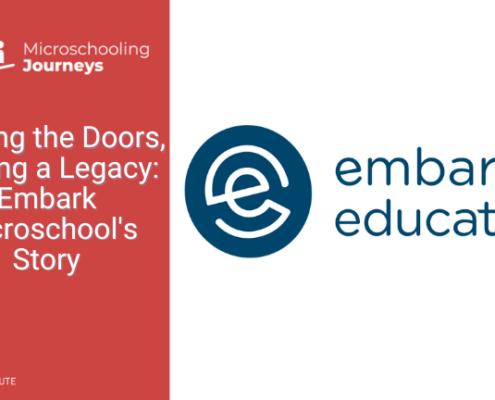Pioneer Institute Looks Ahead to the Protection of Civil Liberties
The Institute Rolls Out a Web-Based Hotline for Reporting Rights Violations
BOSTON – Challenges to Americans’ civil liberties have increased in recent years. History teaches us that during national emergencies governments are even more likely to overstep and violate constitutionally guaranteed freedoms. To address this concern, Pioneer Institute has created “Respect My Rights,” a web-based hotline to which citizens can submit complaints and descriptions of violations they have experienced.
“Pioneer recognizes that immediate responses to emergencies can be messy,” said Pioneer Executive Director Jim Stergios. “We also recognize that technology has made it possible to better chronicle violations of civil liberties — and even human life. Our role in the community is to think ahead and create the opportunities to restore the liberties that distinguish and enrich American civic and economic life.”
The purpose of the Respect My Rights (RMR) hotline is to gather in one place alleged violations in order to create the opportunity, when the pandemic has passed, for political and civic leadership to have a fact-based conversation about how we can best protect our liberties going forward. Individuals who believe their rights have been violated should go to the RMR hotline at https://pioneerinstitute.org/rights/, where they can anonymously submit complaints and descriptions of their experience.
Pioneer will tabulate the data over the coming year and use it to inform elected officials and urge them to rein in government entities that have exceeded their constitutional powers. As part of this effort, the Institute will push for the establishment of state legislative and congressional Civil Liberties Commissions. We aim to provide the RMR data as a service that facilitates a fact-based conversation on types, trends and frequency of violations.
Pioneer will initially promote “Respect My Rights” in Massachusetts, and then across New England and the country in partnership with other organizations that seek to advance rational conversations about fundamental liberties during national and state emergencies.
“Since late February, Pioneer has turned all its attention to advancing practical solutions to the COVID-19 pandemic,” said Adam Portnoy, a member of the Institute’s Board of Directors. “We have all learned a lot from pandemic responses across the country and around the world. We also believe it is essential to engage our entire citizenry in thinking ahead and urging state and national leaders to ensure that the rights of citizens are not violated.”
About Pioneer
Mission
Pioneer Institute develops and communicates dynamic ideas that advance prosperity and a vibrant civic life in Massachusetts and beyond.
Vision
Success for Pioneer is when the citizens of our state and nation prosper and our society thrives because we enjoy world-class options in education, healthcare, transportation and economic opportunity, and when our government is limited, accountable and transparent.
Values
Pioneer believes that America is at its best when our citizenry is well-educated, committed to liberty, personal responsibility, and free enterprise, and both willing and able to test their beliefs based on facts and the free exchange of ideas.
Get Our COVID-19 News, Tips & Resources!
Recent Posts















